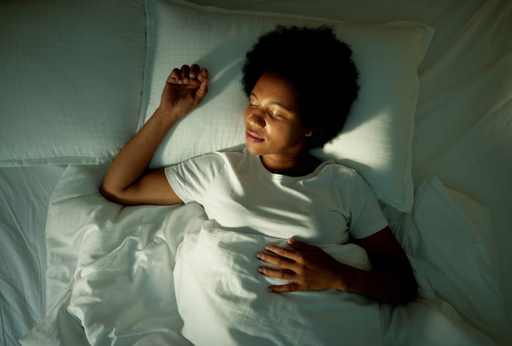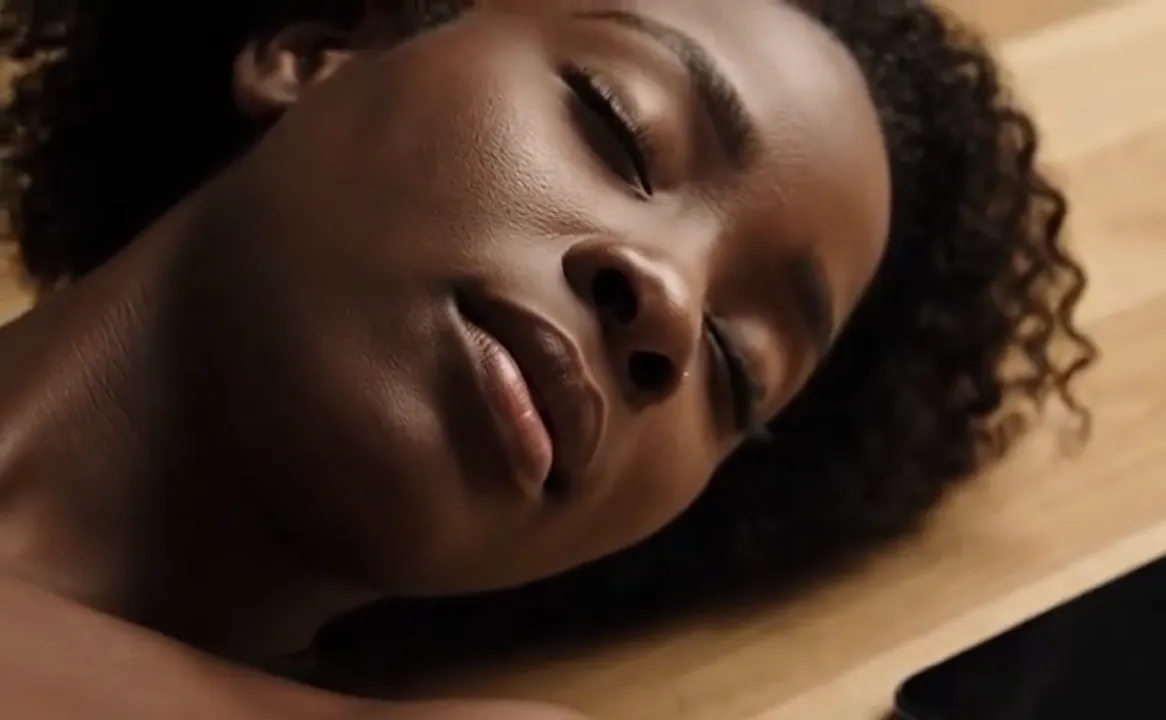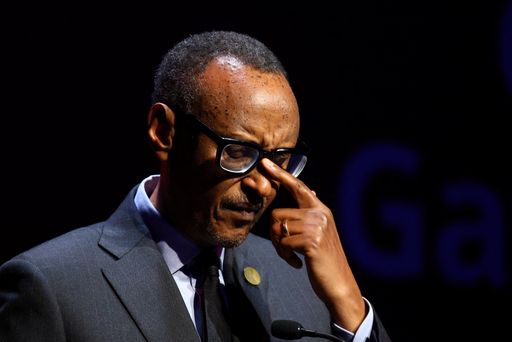Sport
Sleep paralysis straddles science and spirituality, revealing how culture shapes responses to a condition that blurs boundaries between waking reality, dream states and human vulnerability to fear.

Mpendaga Karla lies frozen in bed, fully conscious but unable to move or cry out.
Something within her seizes control in what alternately seems like dream and reality. When she finally breaks free of the spell, Karla feels spent, anxious and angry.
The 40-something entrepreneur, based in the Gabonese capital of Libreville, knows this experience all too well.
"For us, these are mystical attacks, nothing else," Karla says. "It happens when someone attacks you in the astral world. It's not something to be taken lightly. When it happened to me, I was unable to move, even though I was conscious even in my sleep. It's like a nightmare where I am being chased or physically attacked."
Karla is describing sleep paralysis, a condition that mental health specialists estimate affects at least 30% of the global population.
The remaining 70% have likely seen it portrayed in films: characters being trapped in their dreadful dreams and stripped of the ability to defend themselves or wake up.
Cultural interpretations
In Africa, as in many other parts of the world, many interpret sleep paralysis as something supernatural or mystical. Karla first turned to talismans from traditional healers before choosing prayer as her antidote.
"I pray every night before going to bed so that I don't fall prey to sorcerers again while I sleep. It works," she tells TRT Afrika. "I pray because I don't want to die at the hands of a sorcerer who decided to attack me in a dream."
Beninese clinical psychologist Kouassi Comlan, who has treated many couples suffering from sleep paralysis, combines a scientific approach with cultural sensitivity to ease them out of their misery.
"Sleep paralysis is a parasomnia characterised by a temporary dissociation between cortical arousal and the maintenance of physiological muscle atonia specific to REM (rapid eye movement) sleep," explains Dr Comlan.

"During this dream phase, the brain naturally activates a motor inhibitory mechanism to prevent the behavioural actualisation of dream content. When this process persists as consciousness awakens, the result is the subjective experience of temporary paralysis, often accompanied by hallucinatory manifestations."
Dr Comlan's cultural background helps him understand how his patients view sleep paralysis and adopt an inclusive approach to treatment.
"As a clinical psychologist trained in humanistic approaches and positive psychology, I believe it is essential to understand sleep paralysis from an integrative perspective, recognising both its neurophysiological dimension and its cultural, spiritual and semantic significance."
Physical sensations
Dr Comlan explains that sleep paralysis results from a desynchronisation of the mechanisms regulating consciousness and muscle tone during the transition between wakefulness and sleep. The muscle atonia characteristic of REM sleep persists even though the cortical arousal system has already been reactivated, creating a temporary dissociative state.
Although benign, the phenomenon can cause considerable psychological distress.
"Total bodily immobility is very often observed. The person experiences a complete inability to move voluntarily or to speak, creating a feeling of bodily 'lockdown'," he says.
There are also hallucinatory phenomena such as the intrusion of dream-like elements into waking consciousness, which produce hypnopompic (upon waking) or hypnagogic (upon falling asleep) hallucinations.
"These manifestations frequently include the perception of a threatening presence, sensations of chest tightness, or suffocation," Dr Comlan tells TRT Afrika.
Spiritual protection
As with Karla, people who suffer sleep paralysis often seek help to break the cycle.
Tradition offers protective charms and amulets; religion provides comfort through prayer; and clinical therapies scientifically address the problem.
Koranic scholar Assane Gaye believes the spiritual dimension is as important as the scientific approach to curing sleep paralysis.
"Many believers interpret this experience as a force trying to influence or frighten," says the Senegalese scholar.
"However, Islam teaches us that nothing can harm the believer without Allah's permission. I quote, 'And if Allah touches you with harm, no one but Him can remove it' (Surah Al-An'âm 6:17). The Prophet said, 'Know that if the entire community united to harm you, they would only harm you in accordance with what Allah has decreed for you'."
To keep sleep paralysis at bay, Gaye recommends reciting invocations before sleep. "The Prophet recited Ayat al-Kursî (Surah 2:255) before going to sleep. Whoever recites it before going to bed will be protected by Allah. No devil will approach him until morning."
Sleep paralysis can be perceived differently by patients, depending on their culture and traditions.
Experts recommend choosing whatever tools or practices that work for those who experience it, be it the power of prayer, amulets or medical treatment. Prioritising sleep to allow the mind enough time to rest and heal is also known to help.
Comments
No comments Yet




















Comment